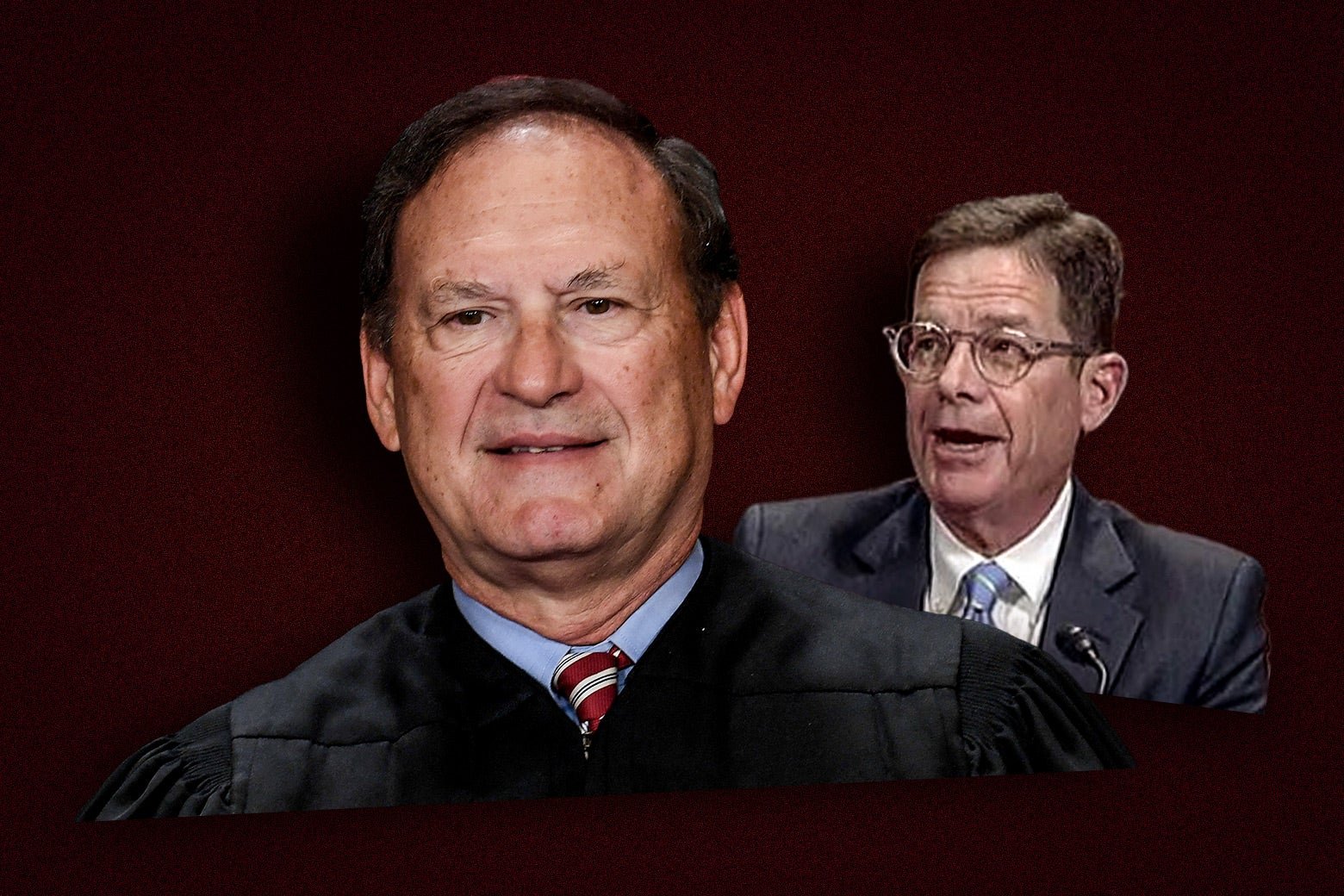When the Supreme Court overturned Roe v. Wade, it claimed to be removing the judiciary from the abortion debate. In reality, it simply gave the courts a macabre new task: deciding how far states can push a patient toward death before allowing her to undergo an emergency abortion.
On Tuesday, the U.S. Court of Appeals for the 5th Circuit offered its own answer, declaring that Texas may prohibit hospitals from providing “stabilizing treatment” to pregnant patients by performing an abortion—withholding the procedure until their condition deteriorates to the point of grievous injury or near-certain death.
The ruling proves what we already know: Roe’s demise has transformed the judiciary into a kind of death panel that holds the power to elevate the potential life of a fetus over the actual life of a patient.



I think the court just made a legal contradiction. The hospital can’t perform an abortion until the woman is already in severe harm – but by castle doctrine they can also use deadly force to protect her from severe harm.
This puts Republicans in a hilarious position. The contradiction has to be resolved, and no matter how they do it, they lose:
The use of deadly force to prevent some else from severe harm is illegal. You can no longer shoot someone who you think poses harm. Gun nuts are furious.
The hospital can perform an abortion without the woman already suffering.
You just can’t do it, okay?! This implies abortion is not “deadly force”, which has all sorts of implications against abortion laws. If it isn’t deadly force, there’s no reason it should prohibited, like any other well founded medical practice.
They could always try to force this outside of the legal framework, but if they ignore the law, there’s no reason to follow the law. They also risk reform, which seems increasingly likely.
Republicans fucked around with overturning Roe, and they’re going to keep finding out until it’s back as a national law.